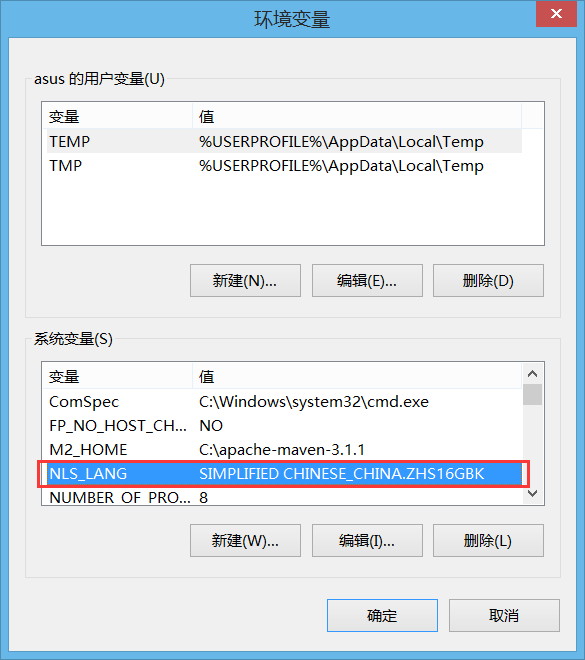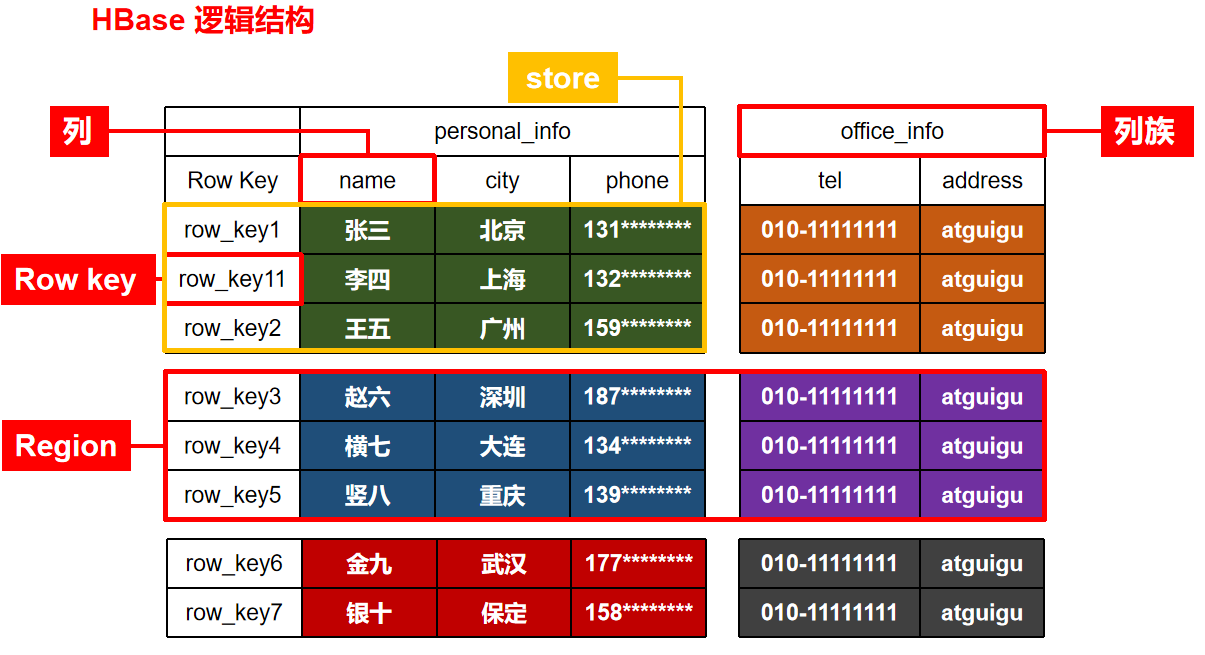Educational Codeforces Round 23 B. Makes And The Product
B. Makes And The Product
time limit per test
2 seconds
memory limit per test
256 megabytes
input
standard input
output
standard output
After returning from the army Makes received a gift — an array a consisting of n positive integer numbers. He hadn’t been solving problems for a long time, so he became interested to answer a particular question: how many triples of indices (i, j, k) (i < j < k), such that a**i·a**j·a**k is minimum possible, are there in the array? Help him with it!
Input
The first line of input contains a positive integer number n (3 ≤ n ≤ 105) — the number of elements in array a. The second line contains n positive integer numbers a**i (1 ≤ a**i ≤ 109) — the elements of a given array.
Output
Print one number — the quantity of triples (i, j, k) such that i, j and k are pairwise distinct and a**i·a**j·a**k is minimum possible.
Examples
input
41 1 1 1
output
4
input
51 3 2 3 4
output
2
input
61 3 3 1 3 2
output
1
Note
In the first example Makes always chooses three ones out of four, and the number of ways to choose them is 4.
In the second example a triple of numbers (1, 2, 3) is chosen (numbers, not indices). Since there are two ways to choose an element 3, then the answer is 2.
In the third example a triple of numbers (1, 1, 2) is chosen, and there’s only one way to choose indices.
题目意思:
就是给定N个数,然后按大小顺序排序后,找前三个数,问有多少种不同的组合。
如果是 6
1 1 2 2 3 3
的话前三个数,是1,1,2然后2有两个可以替换,所以是2种情况。以此类推
如果都是一个数的话,那么就是排列组合。
要用LLD才行
#include<bits/stdc++.h>#include<iostream>using namespace std;int number[100005];int main(){int n;long long int all = 1;scanf("%d",&n);for(int i = 0; i < n; i++){scanf("%d",&number[i]);}sort(number,number+n);int count = 1,index = 1;while(number[index] == number[0] && index < n){index++;count++;}if(count >= 3){all=all*index;all=all*(index-1);all=all*(index-2);all=all/6;}else if(count == 2){for(int i = 3; i < n; i++)if(number[i] == number[2])all++;}else{int k = 3;while(k<n&&(number[k]==number[2]))k++;k--;if(number[1] == number[2]){all=k;all=all*(k-1);all=all/2;}else{all=all+(k-2);}}printf("%lld\n",all);return 0;}



































还没有评论,来说两句吧...